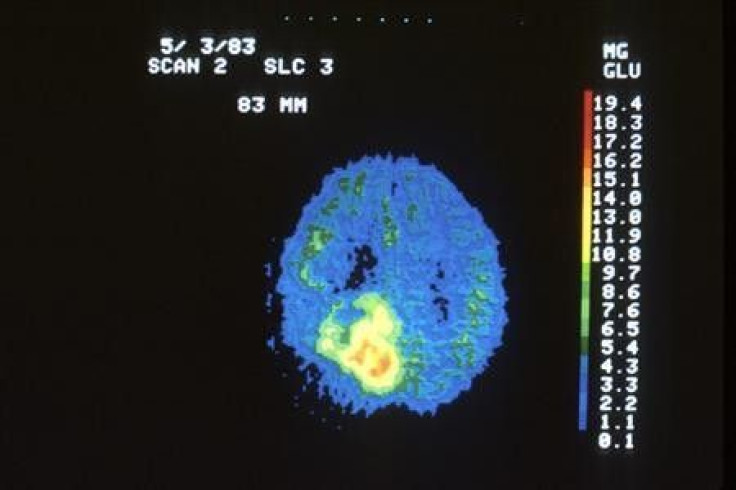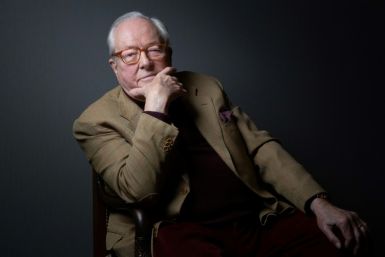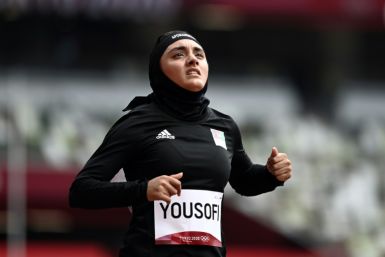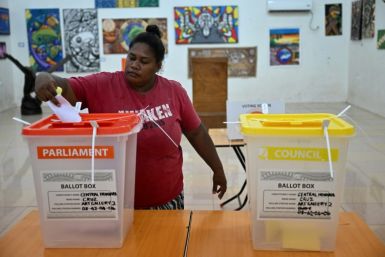Australia to Host Human Tests for New Brain Tumour Treatment

Scientists believe that the antibody created to sustain the life expectancy of patients suffering from Glioblastoma tumour might be the cure for brain cancer. The protein, EphA3, was discovered more than 20 years ago by QIMR Berghofer Medical Research Institute's professor, Andrew Boyd.
The antibody will be tested on 20 patients with recurrent brain tumour. They will be treated at the Royal Brisbane and Women's Hospital and the Austin Hospital in Melbourne.
The antibody specifically targets a cancer protein on the surface of the tumour cells. The American biotechnology company KaloBios modified it to create the KB004 drug for human use. There are ongoing clinical trials on leukaemia patients. This trial phase of the therapy on blood cancer was successful.
Dr Brett Stringer and Dr Bryan Day lead the research at QIMR Berghofer. They said that the upcoming Glioblastoma (GBM) trial would be the first test of the drug against solid tumours. "It turns out that Gioblastoma has expressed the thing that this particular therapy targets," says Stringer.
Dr. Bryan Day said, "Survival times haven't reached change much in the last two or three decades... I guess now we have a better understanding that brain cancer is not just one disease, but multiple diseases. That the tumours are not just one form of tumour cells. There's multiple, I guess different types of tumour cells within a single person's tumour. And that is why it's such a battle to target this disease."
The brain cancer research unit is extremely gratified that they have been able to push this through to this point. Dr Boyd adds, "What we're really hoping is to see shrinkage of the gliomas and obviously hoping even more to see a really significant impact on the survival of people who have got brain tumour."
The Cure Brain Cancer Foundation pledged an amount of $500,000 to fund the study over the next three years.






